В англоезичния свят обичат да казват “when it rains, it pours”. Тоест, когато се случи нещо лошо, то води със себе си и други злини. В случая, тези лоши поличби са за статуквото, защото след срамния “доклад” на АФА за КТБ от 2014 г., тайните доклади на Ърнст енд Янг (EY) и на Делойт (Deloitte) за КТБ, които България крие от десет години насам, също стигнаха до мен.
Тези доклади представляват неопровержими доказателства, че лицензът на КТБ е отнет незаконно. Освен това, могат да послужат и за доказателства за серия закононарушения и (предполагаеми) престъпления от УС на БНБ и от квесторите на КТБ, назначени от БНБ.
Aко една консултация не е одит, не е преглед на активи, не разглежда ликвидност, не анализира капиталова адекватност, не може да служи за доказателство пред съд или друг компетентен орган и не гарантира за надеждността на информацията в нея – каква е нейната същност, каква е нейната стойност и как въобще може да бъде основание за отнемане на лиценз на банка?
Главозамайващият дисклеймър на АФА
В предната си статия “Колко “застраховани” срещу отговорност на основание “измама с цел лична облага” са Валя Йорданова, Рени Йорданова и “одиторската” им фирма “БДО АФА”?, ви разказах за ролята на АФА в няколко фалшификации, свързани с изкуствения фалит на КТБ. АФА са автори на една от трите консултации, на база на които е отнет лицензът на банката. Те са намесени и в измамната експертиза по “мегаделото” КТБ. Запознах ви, също така, с многословния им дисклеймър, с който те се опитват да се застраховат срещу носене на каквато и да било отговорност за действията си.
Ето един ключов цитат от него:
“Нашият доклад не е предназначен за използване като доказателство или като друго експертно заключение в съдебни или други производства… ние не поемаме отговорност за този доклад или за заключенията, които сме формирали, пред което и да е друго лице, освен [КТБ]…”.
Оказва се, обаче, че дисклеймърите на Делойт (Deloitte) и на Ърнст енд Янг (EY) съдържат много повече застраховки, които недвусмислено говорят, че те, също като АФА, не само ясно са съзнавали, че вършат нещо нередно, но и ги е било срам от извършеното.
Read More
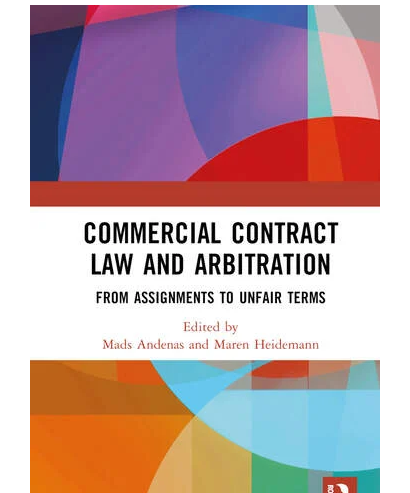
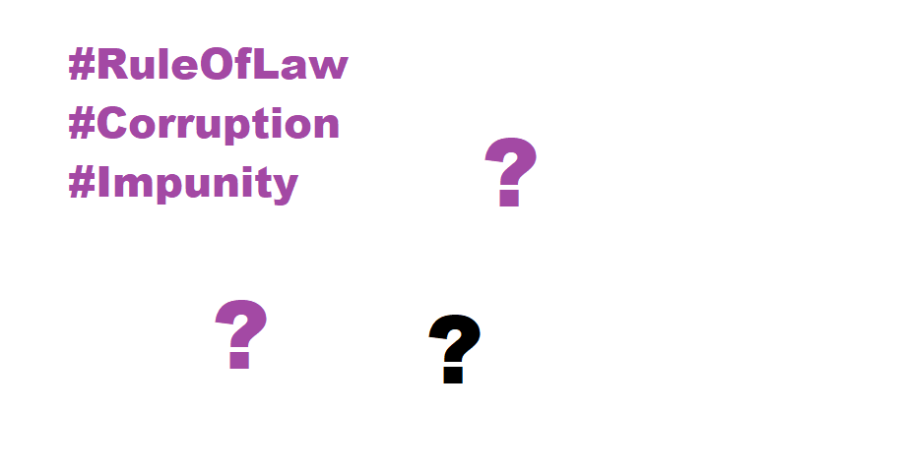

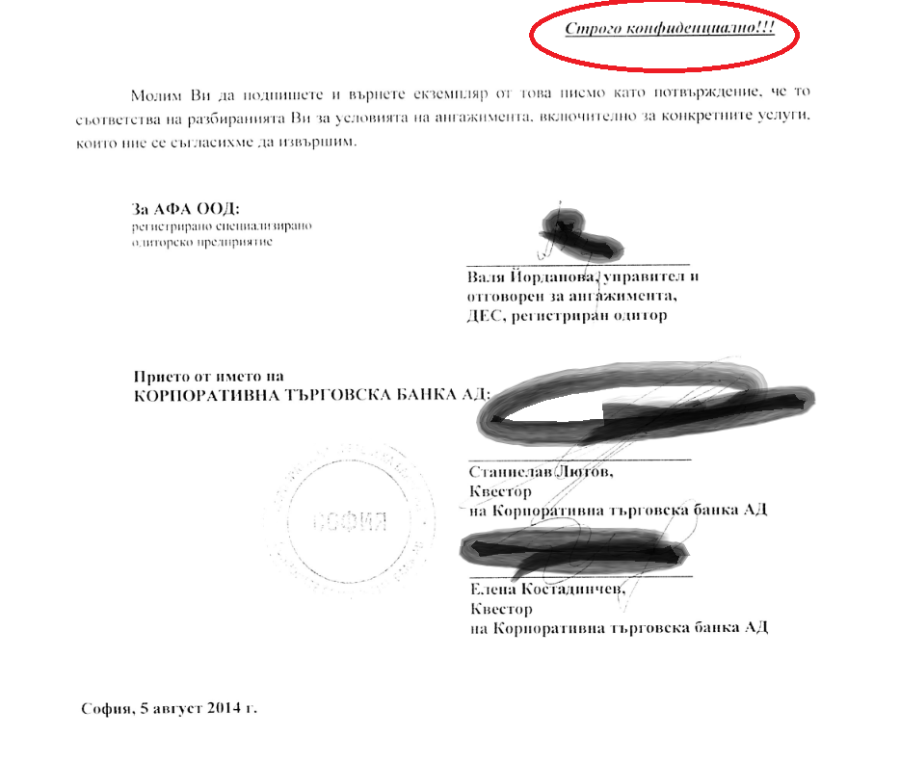
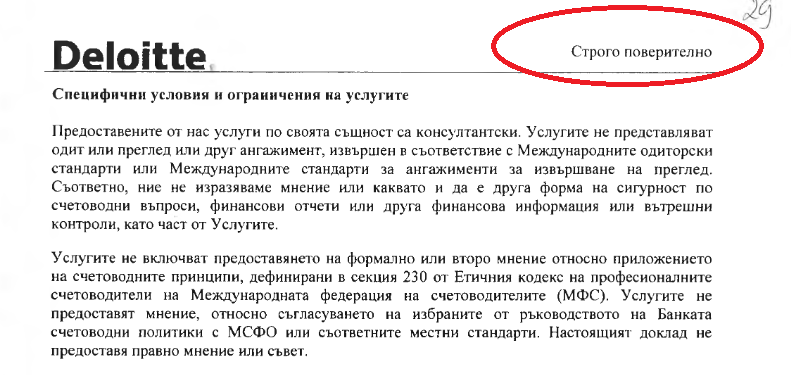
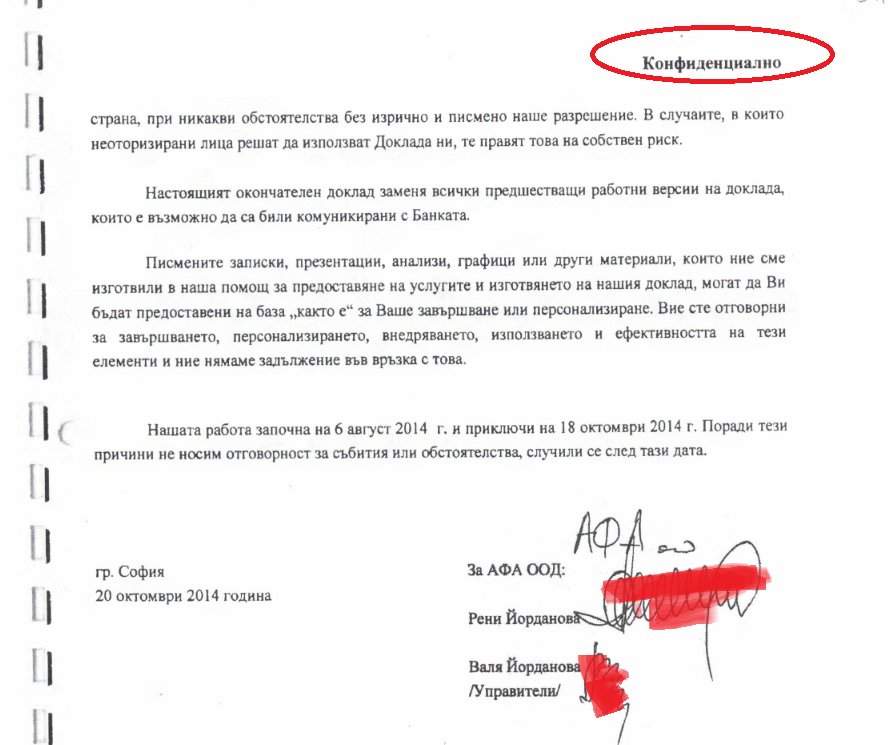

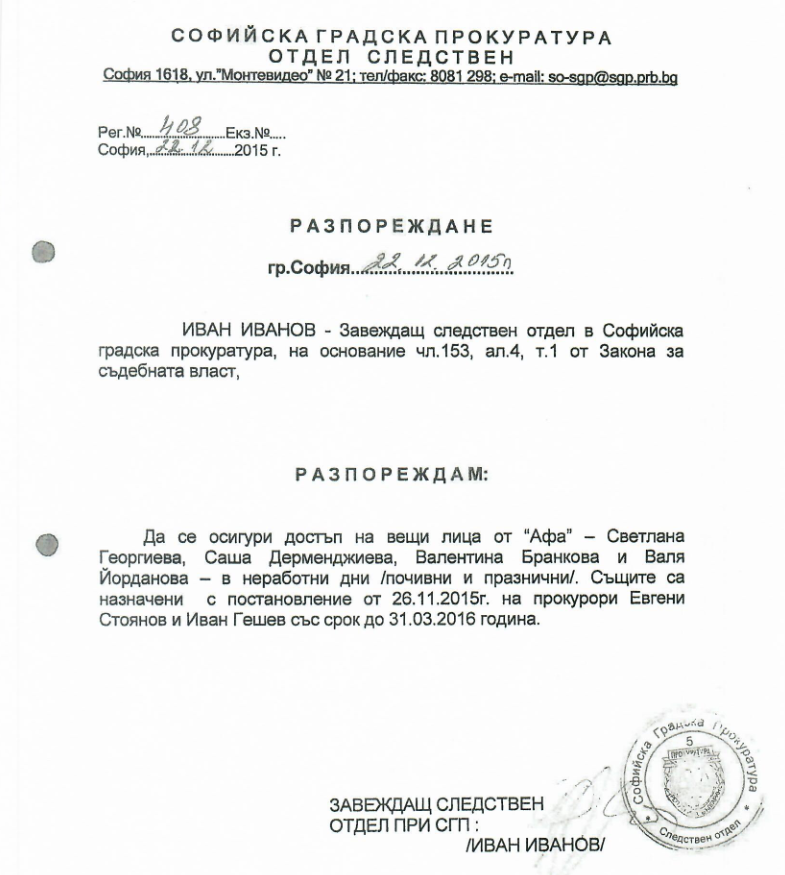
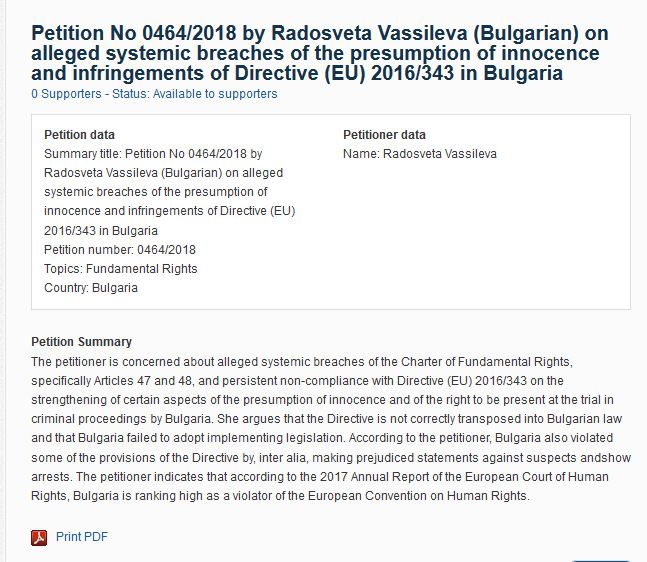

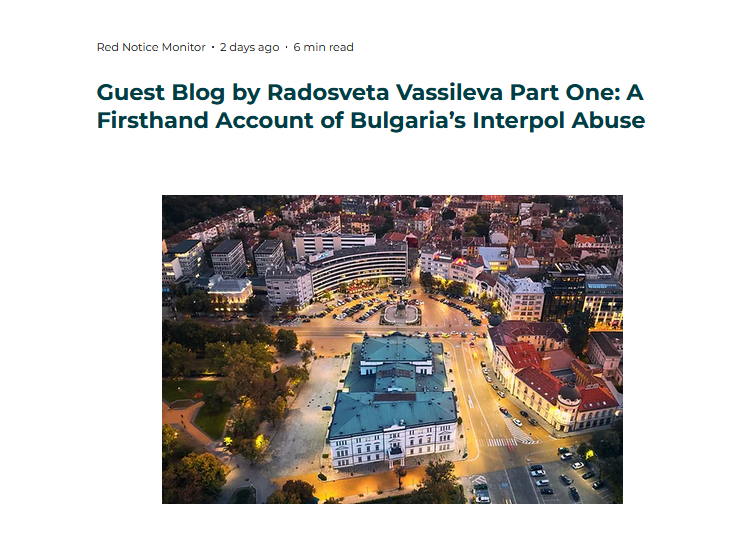
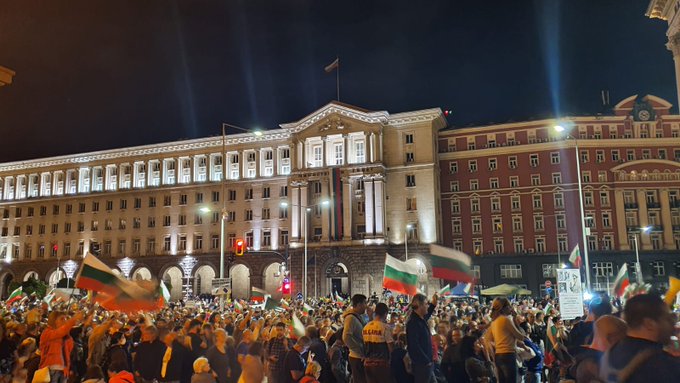
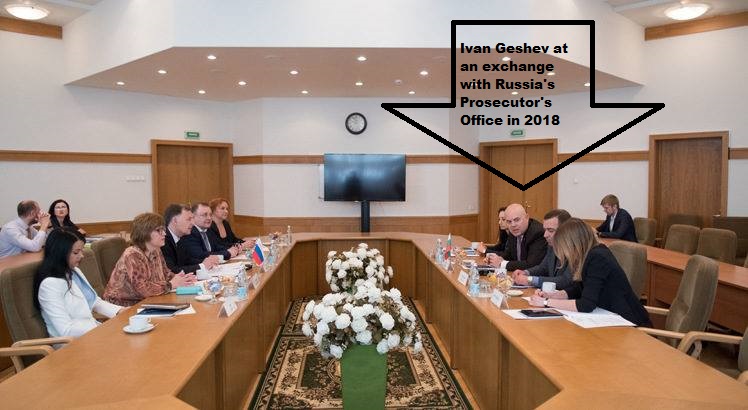


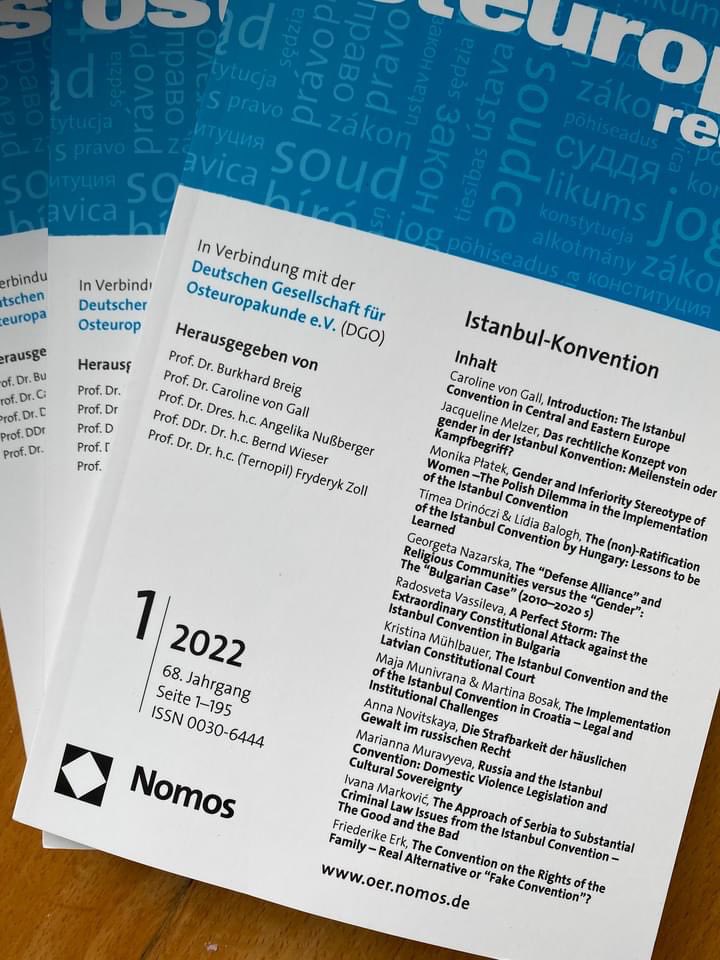


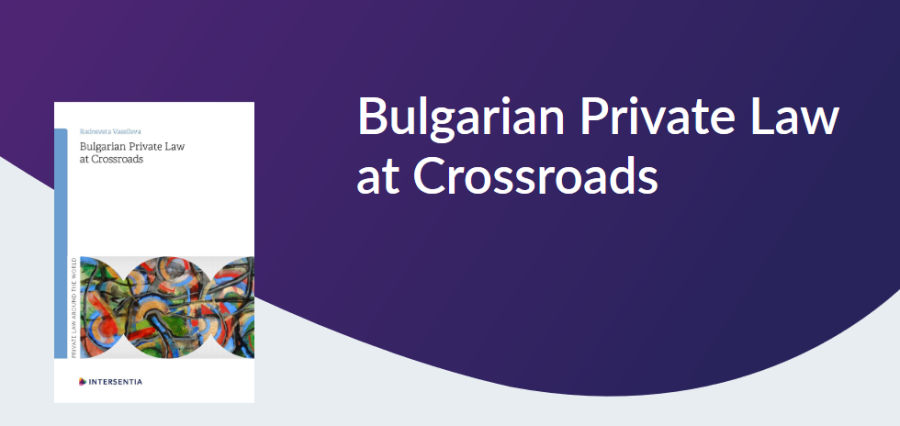
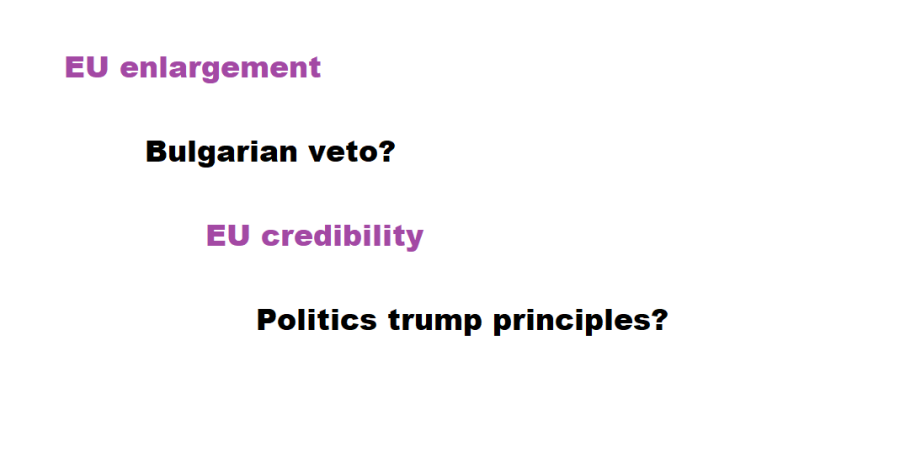

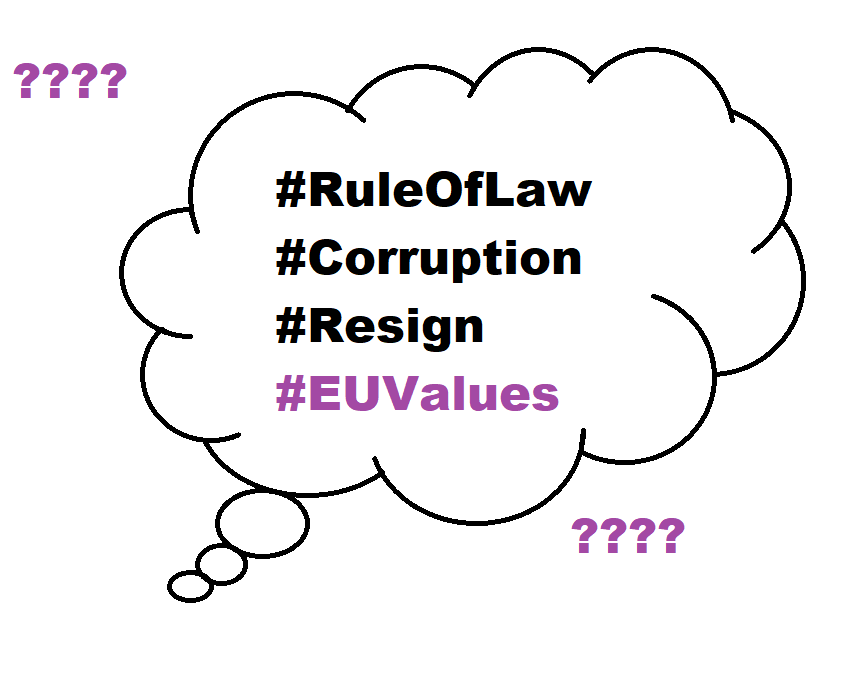



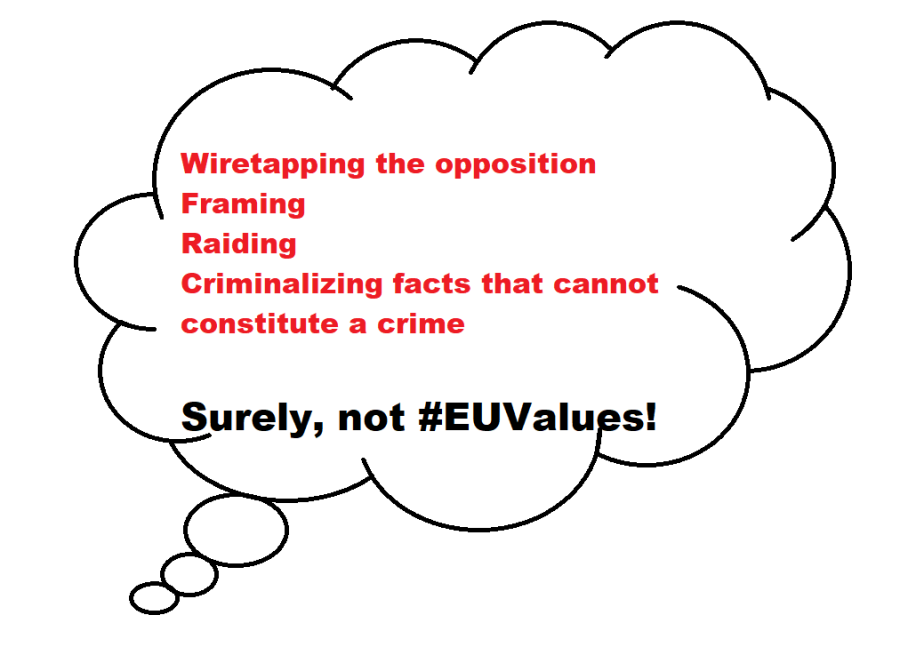

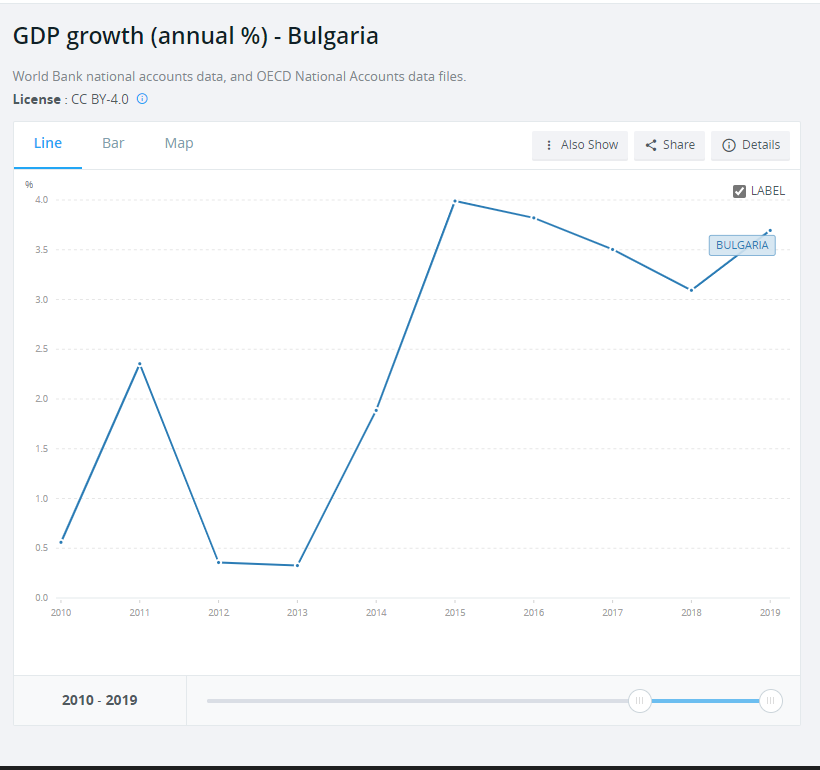



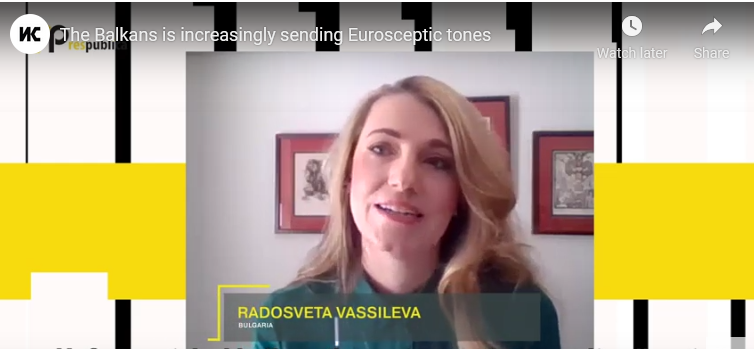


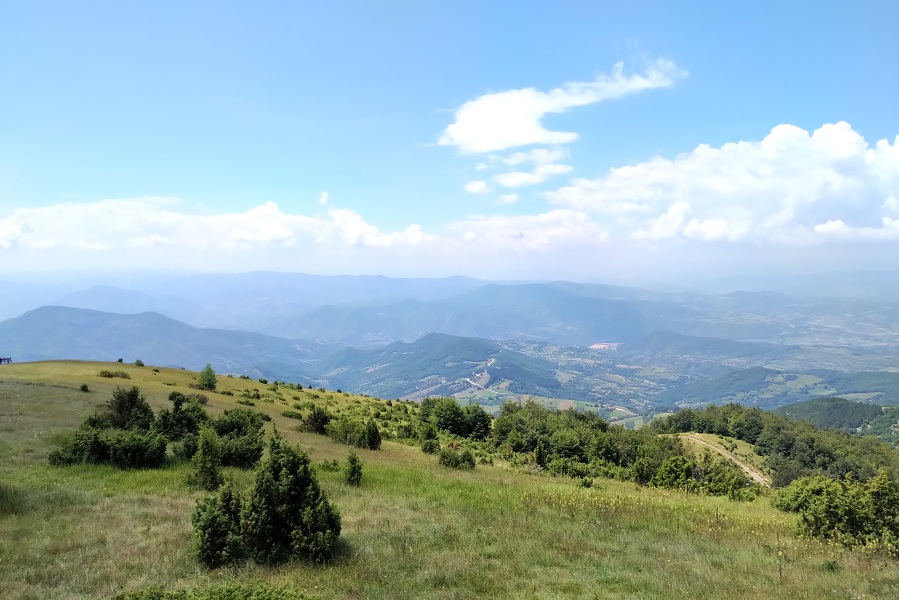


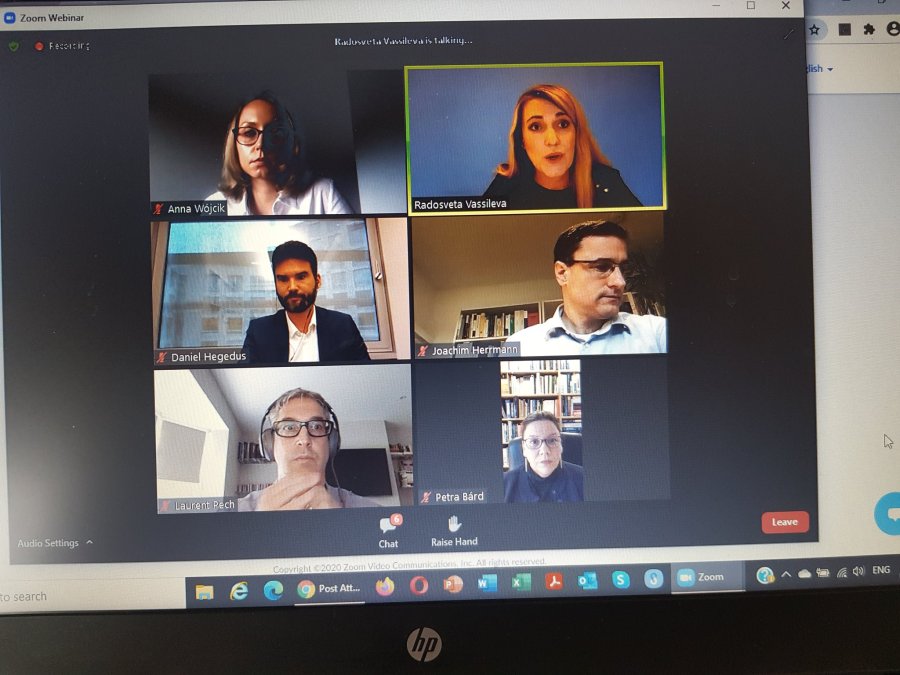
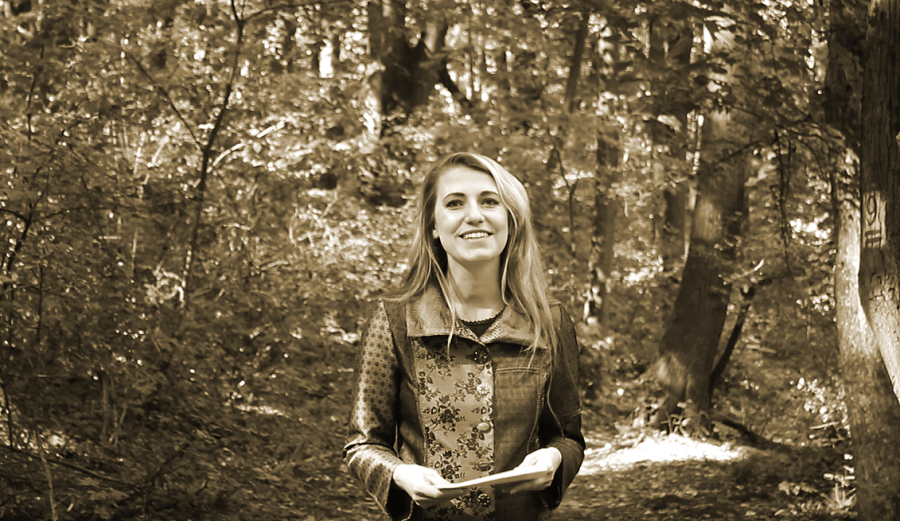
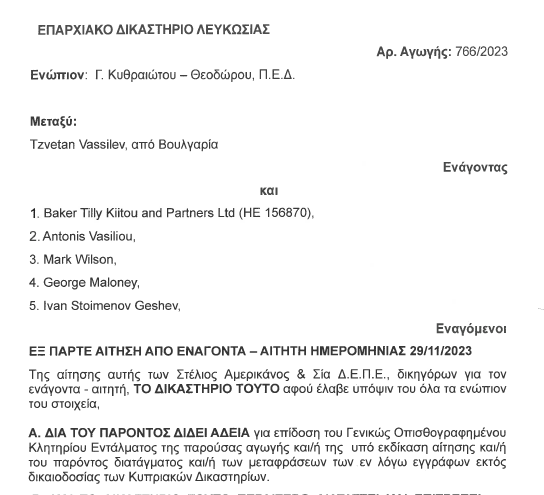
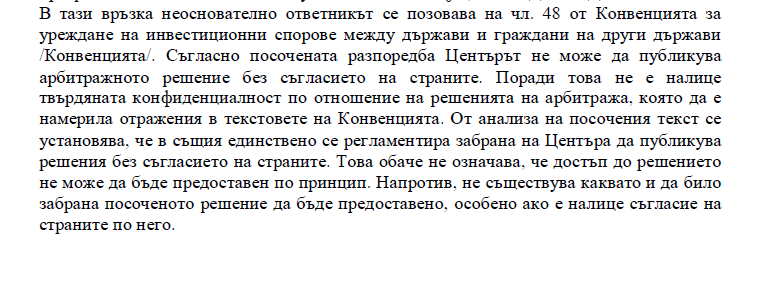
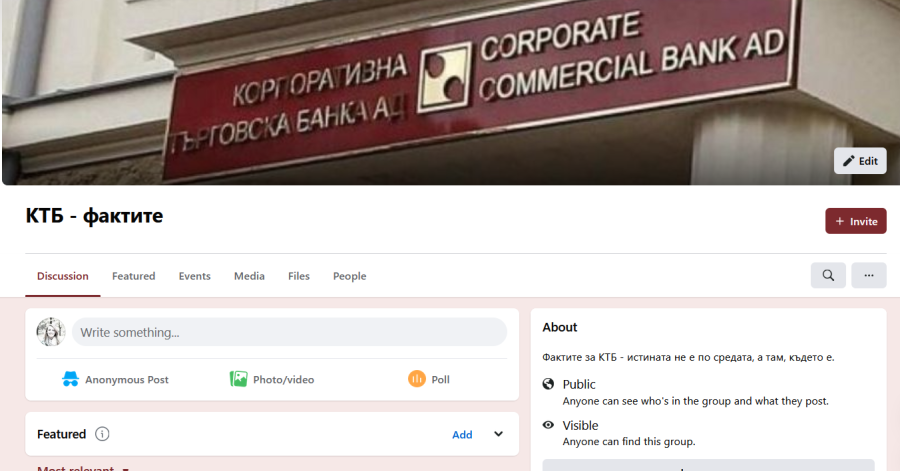
You must be logged in to post a comment.